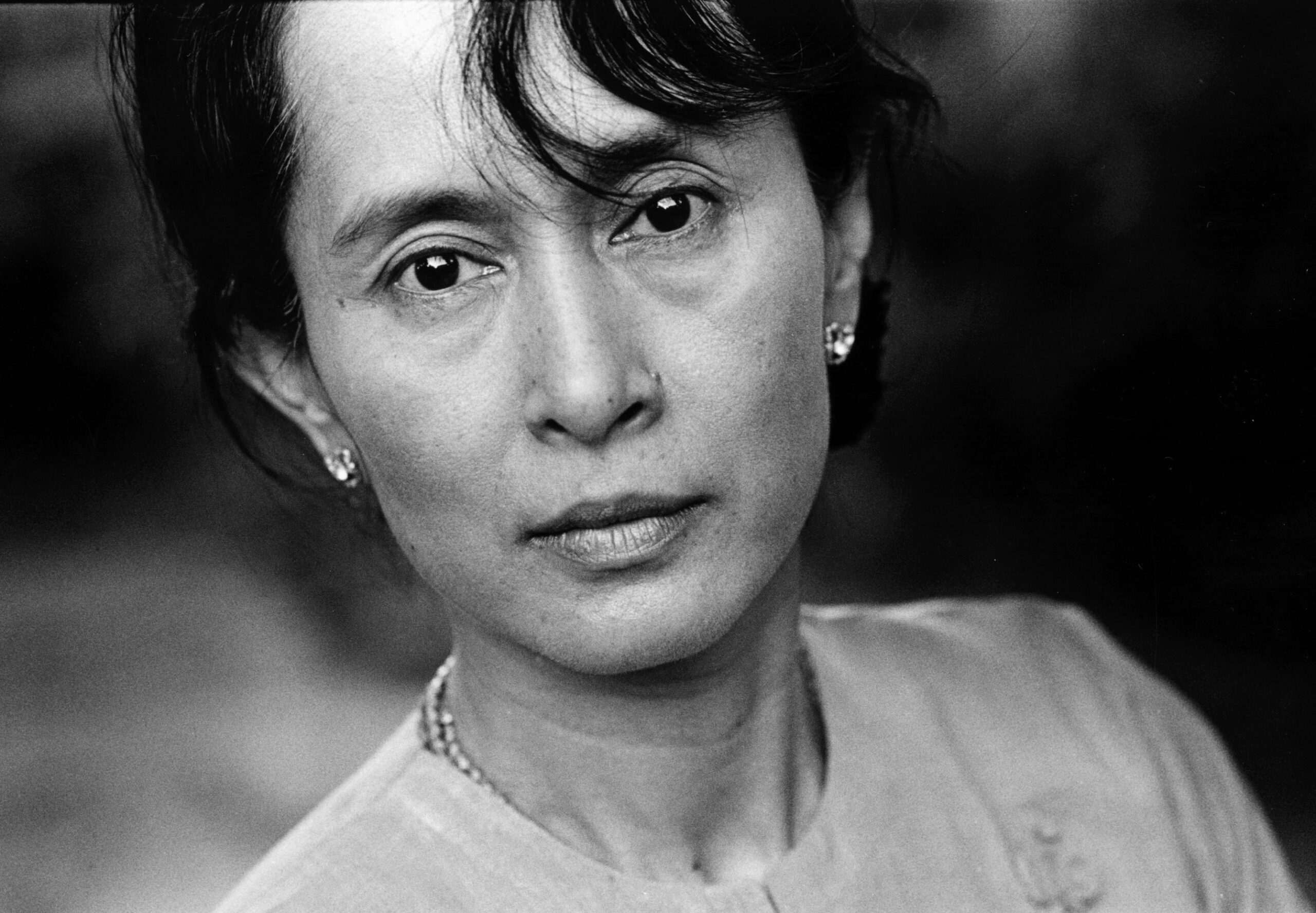Human rights are systematically violated in Myanmar (formerly Burma), according to a report issued today by the Geneva-based ICJ.
In releasing the report, ICJ Secretary-General Adama Dieng (Senegal) hailed the award today of the Nobel Peace Prize to imprisoned opposition leader Daw Aung San Suu Kyi. He criticized the military rulers for refusing to hand over power to Suu Kyi’s National League for Democracy which won 392 of 485 seats in the May 1990 national elections. Dieng also commended the U.N. General Assembly, whose Third Committee this month adopted a resolution expressing concern over “the grave human rights situation” in Myanmar.
The ICJ report details the unfair system of military courts, arbitrary arrests of political opponents and monks, torture, restrictions on the press and on free expression, the forced relocation of hundreds of thousands of urban dwellers and the use of conscripts to “porter” goods for the military and as “human mine sweepers”. It also describes how the ruling State Law and Order Restoration Council (SLORC), which took power in a 1988 coup, has destroyed the country’s economy and devastated its environment.
According to the report, the military tribunals which have been established throughout the country “are not constrained by any constitutional norms”, their verdicts are unjust, the sentences passed by them excessive, and their proceedings contravene international fair trial standards.
Although no independent observer is allowed access to prisons in Myanmar, the report cites overwhelming evidence that detainees have been tortured. The methods include beatings, electric shock, sleep deprivation, cigarette burns and being forced to stand neck-deep in water.
According to the ICJ, which regularly carries out fact-finding missions, political freedoms in Myanmar have been virtually abolished. The NLD leadership and the political opposition are being “obliterated” by “outright killings, detentions and imprisonment”. The government-owned Working People’s Daily is the only newspaper in a country which previously had a lively and independent press. Writings, film scripts, lyrics and even the words of songs have to be submitted to the Press Scrutiny Boards. Criticism of the Government is a violation of the law and people who express opinions transgressing the law are punished. The report cites a statement by Myanmar ruler General Saw Maung, that SLORC “will not tolerate any organization or individual if it is against us…”.
The report notes that SLORC has “relocated” more than half a million people, moving them from their homes in the cities without notice and without compensation. Many were moved to old paddy fields which flooded during the rainy season and were often infested with malaria. The areas are without water, sewage connection or electricity, schools, hospitals or other amenities. Those who showed reluctance to moving were threatened with force.
According to the ICJ, the military uses villagers, as well as those arrested in the cities, as porters in its campaigns against communist and ethnic insurgents. These porters, who include children, pregnant women, and the sick or elderly, carry food, supplies, arms and ammunitions for the army. Interviews by the ICJ confirm that they are used as “human mine sweepers” and to trigger ambushes.
The jurists also point out the environmental degradation caused by SLORC policies, The forest destruction on Myanmar’s borders is intense and “if current policies do not change, they will lead to a deforested, impoverished, barren and economically devastated country”.
The report concludes: “Neither under the general principles of law nor the constitutional law of Myanmar has SLORC any right to hold power after the people have expressed their wishes in favour of a NLD Government.” It calls on the international community to impose “strict economic sanctions” on the government until it transfers power in accordance with the 1990 election results.
The government of Myanmar did not respond to ICJ requests for a formal visit to the country. The report was therefore prepared for the ICJ by Makhdoom Ali Khan, a leading Pakistani barrister, on the basis of a trip to Myanmar, visits to the Thai-Myanmar border and extensive research and interviews with Myanmar refugees living abroad. According to Secretary-General Adama Dieng, the ICJ has always been and still is ready and willing to develop a genuine dialogue and exchange of information with the Myanmar Government about the issues raised in the report.




